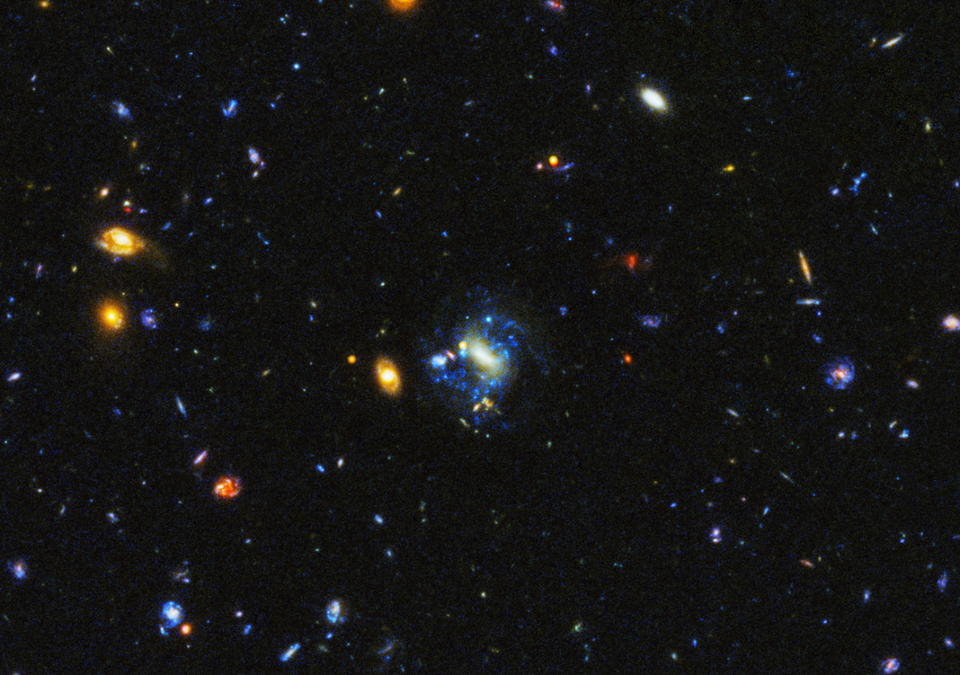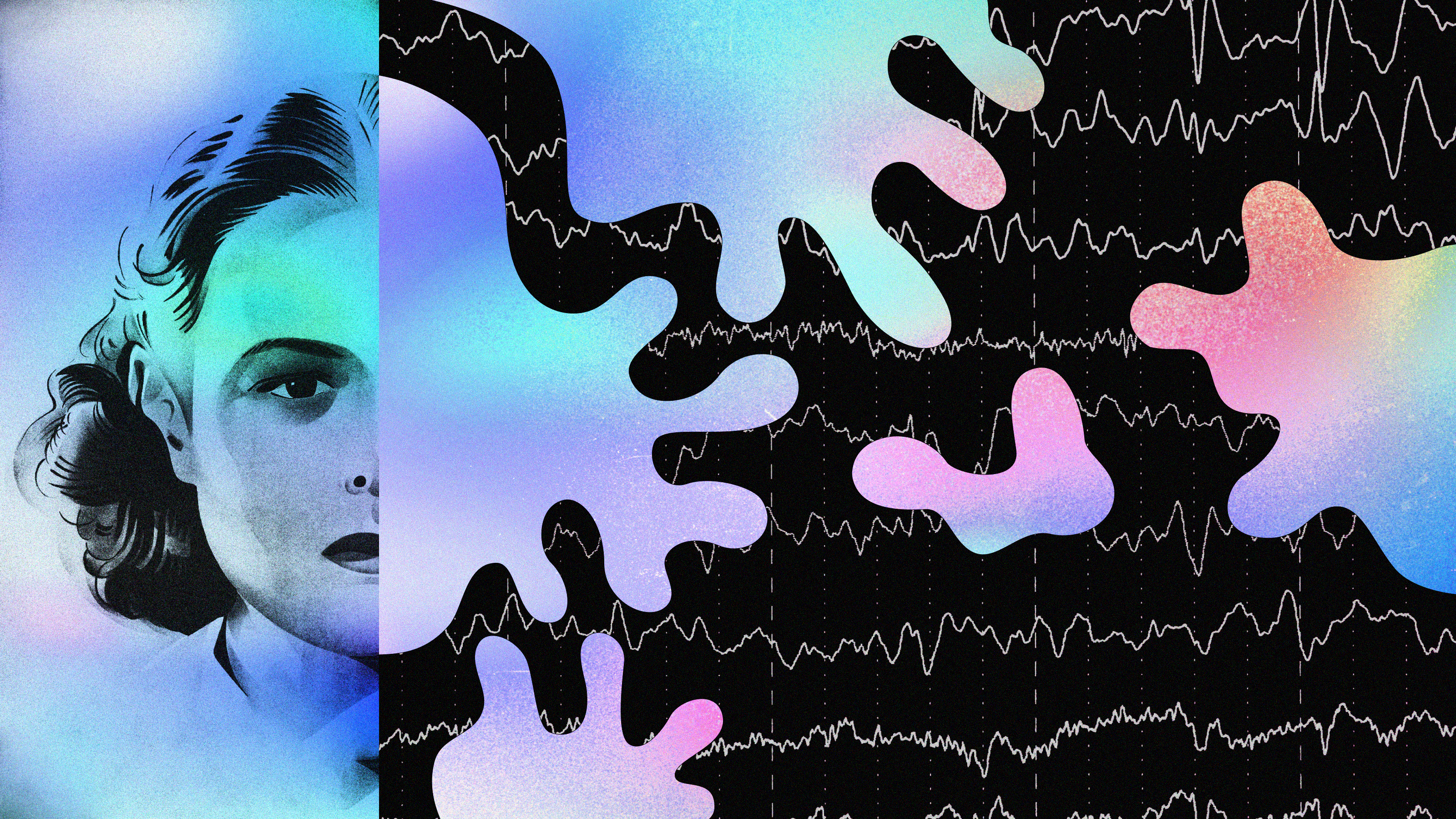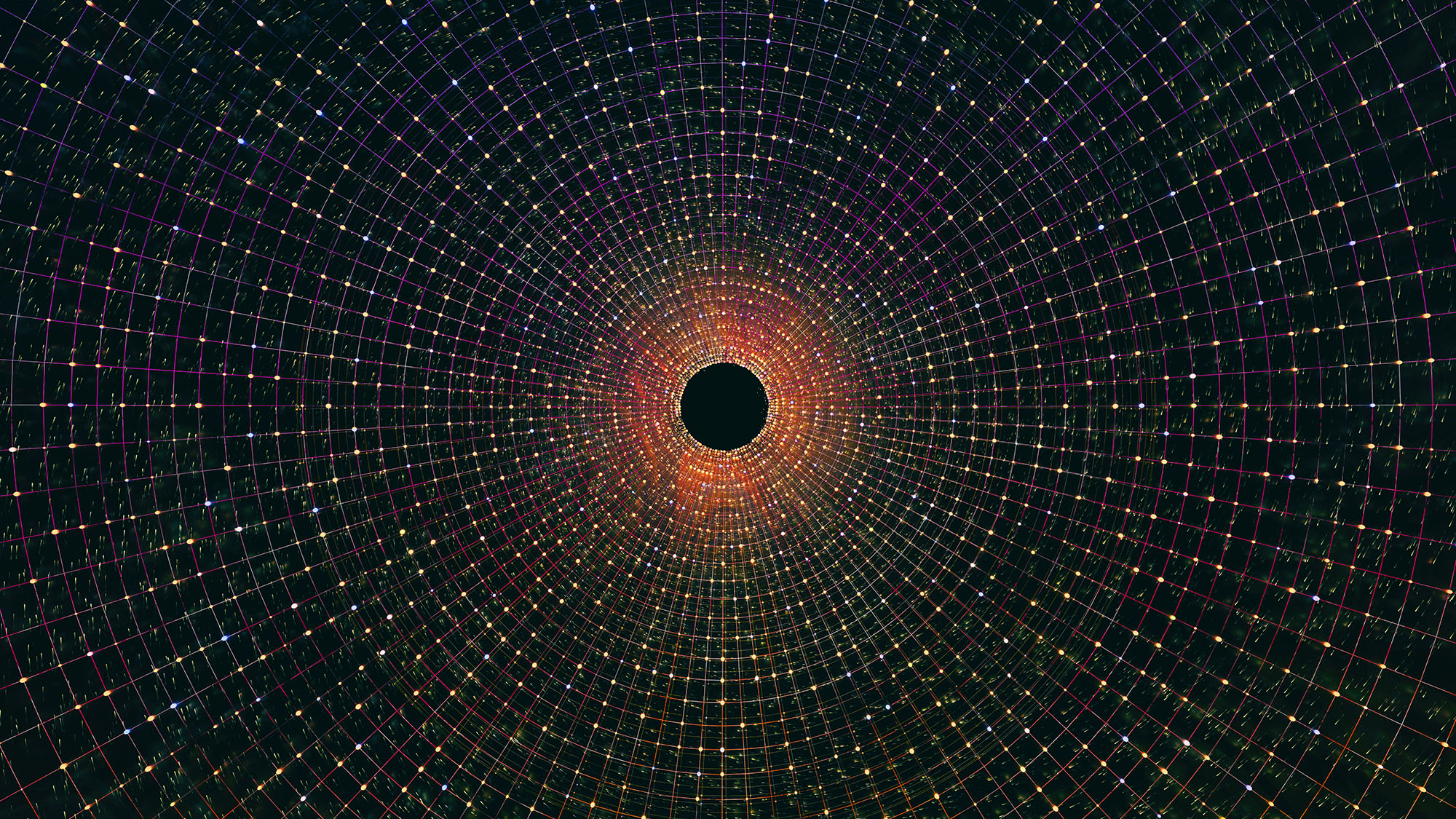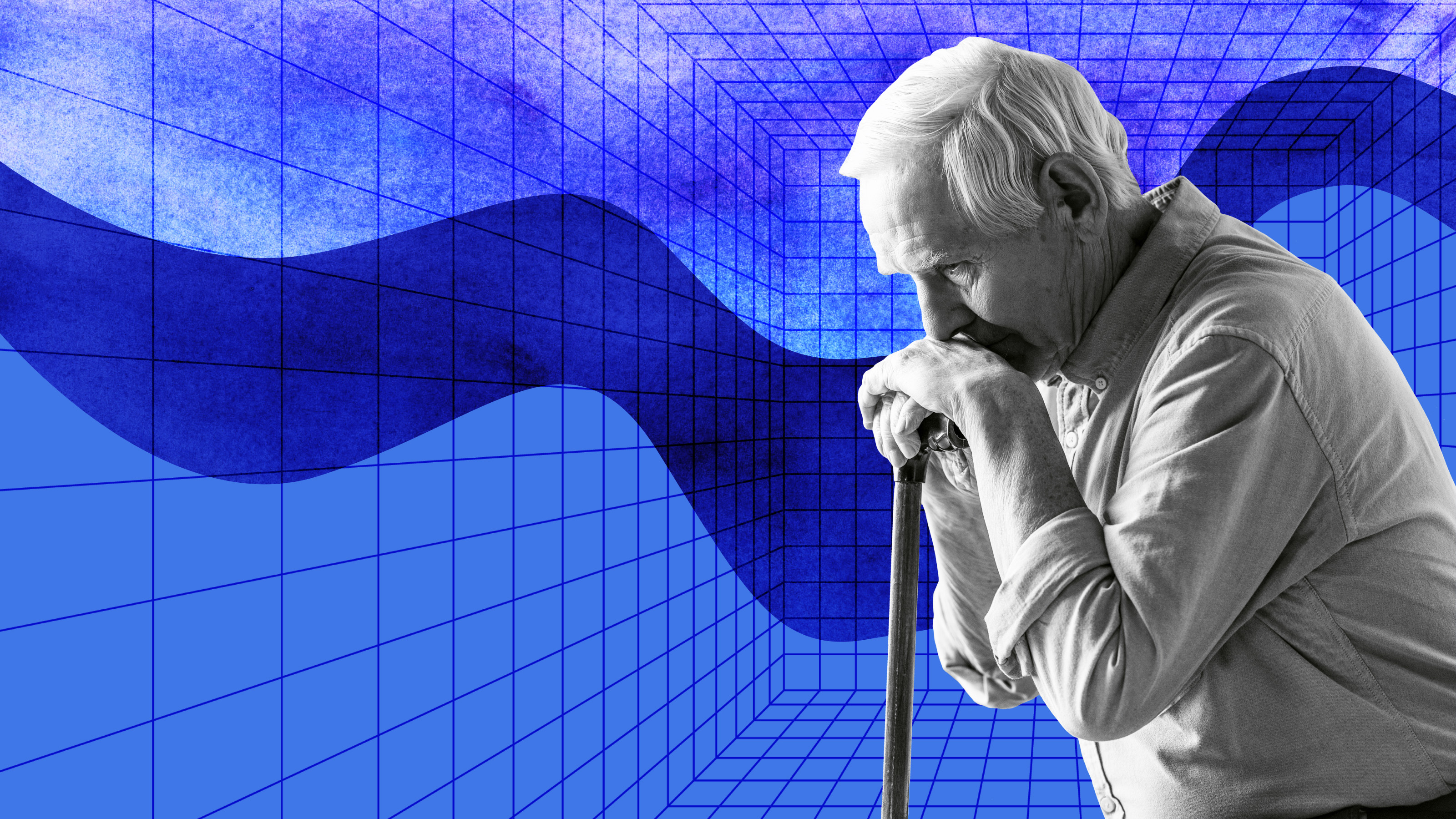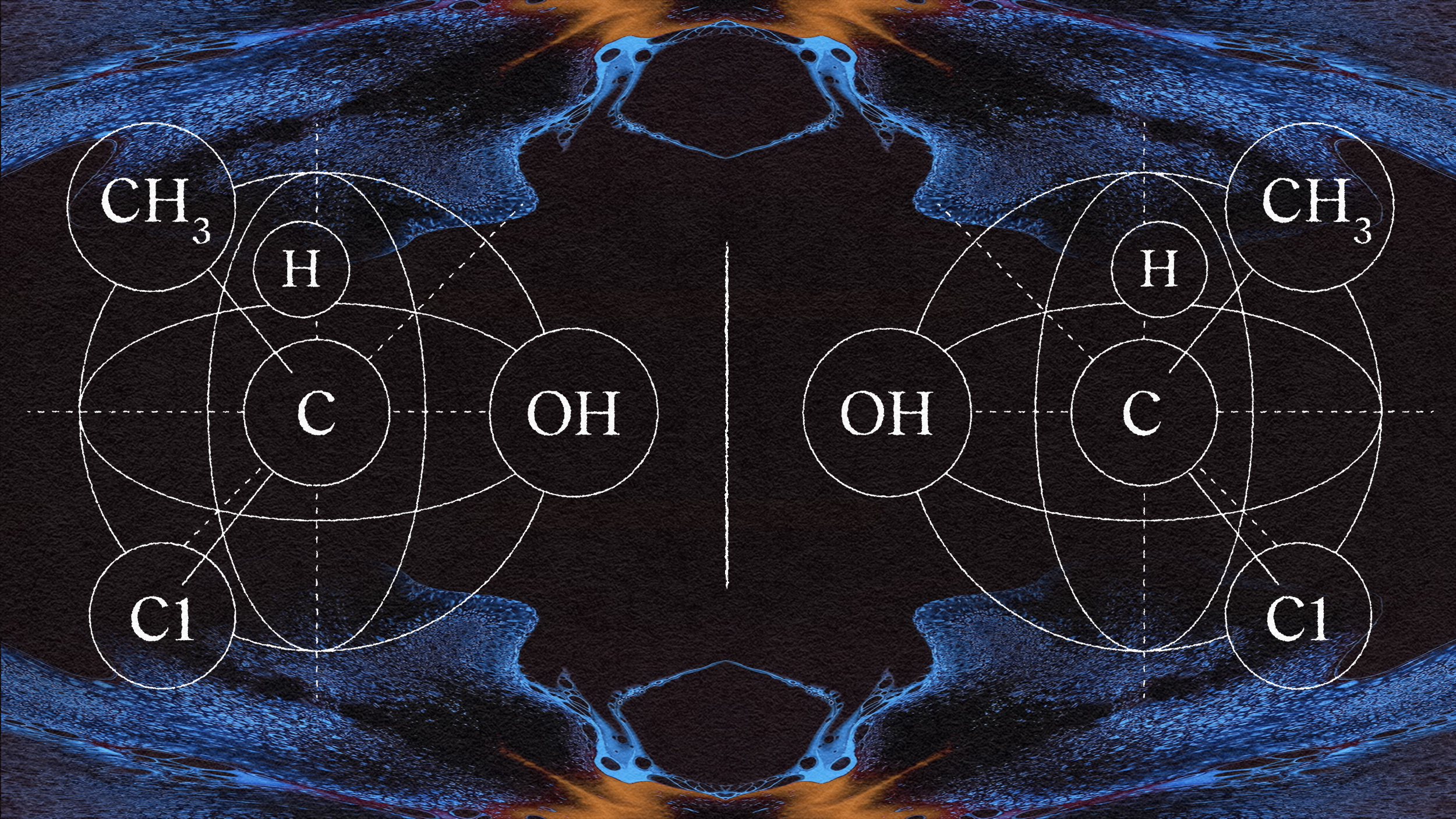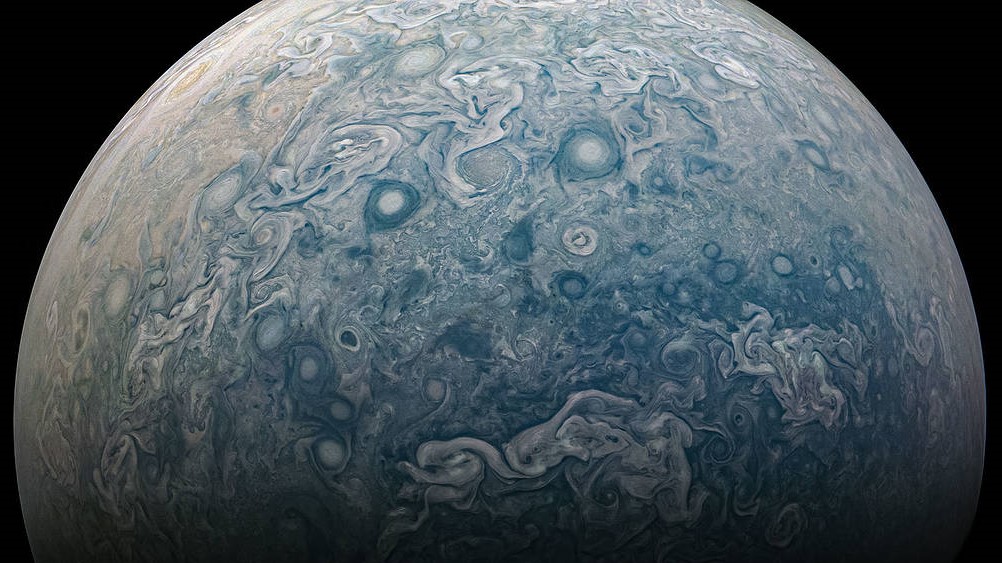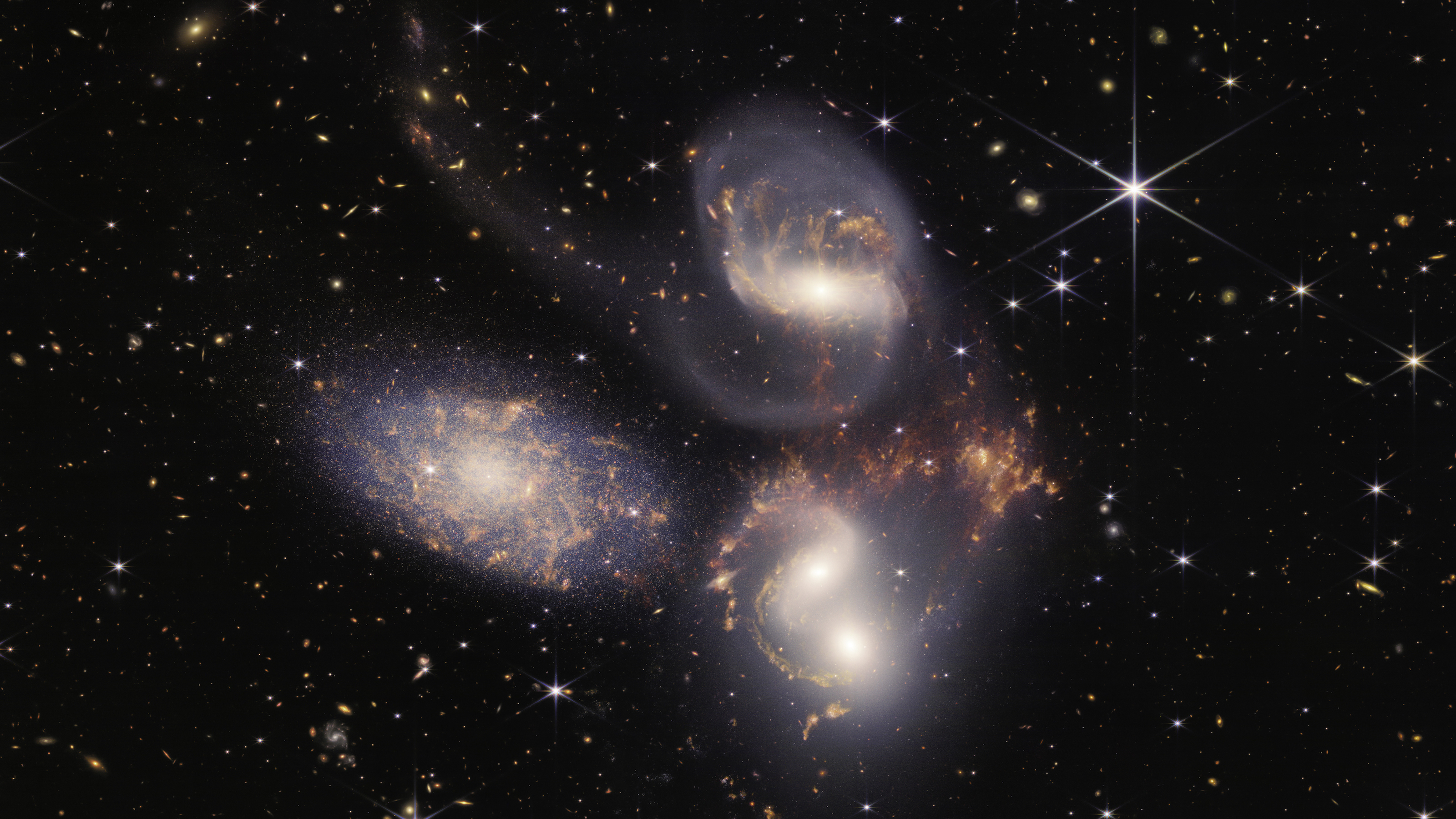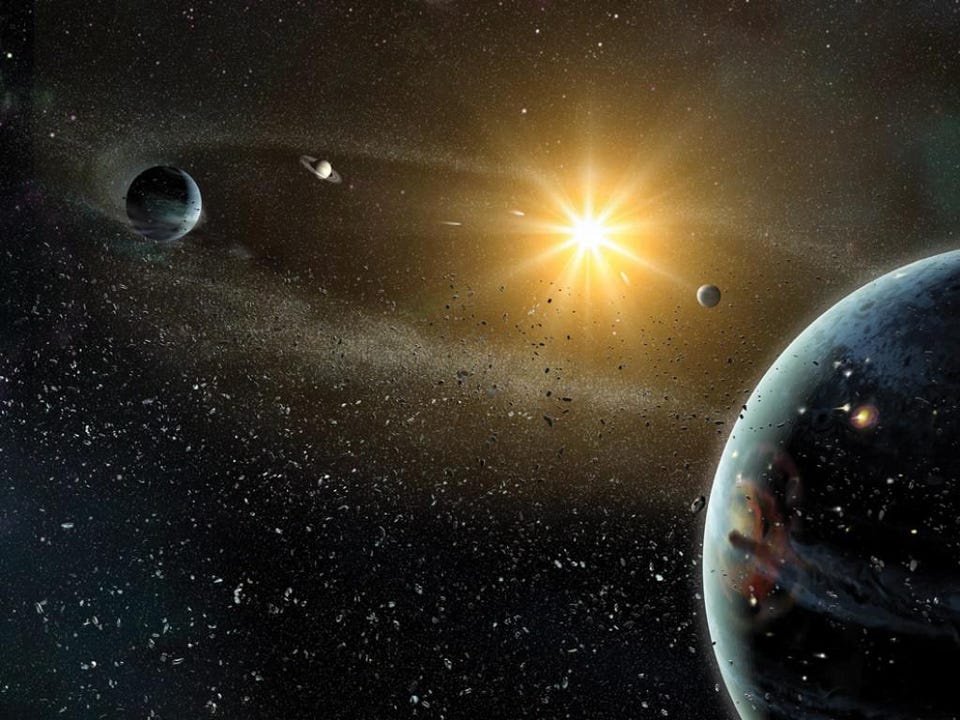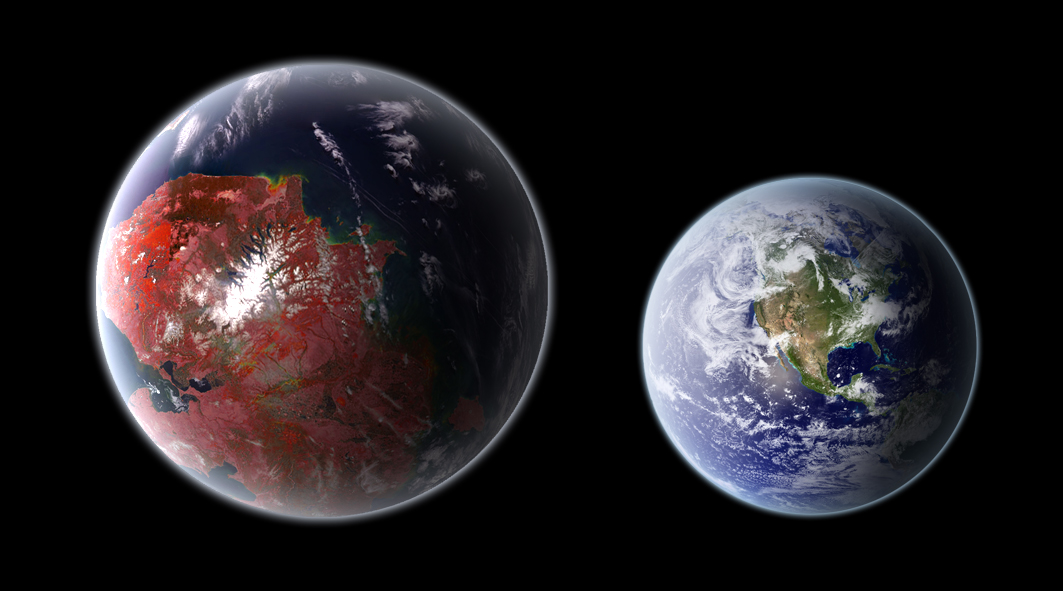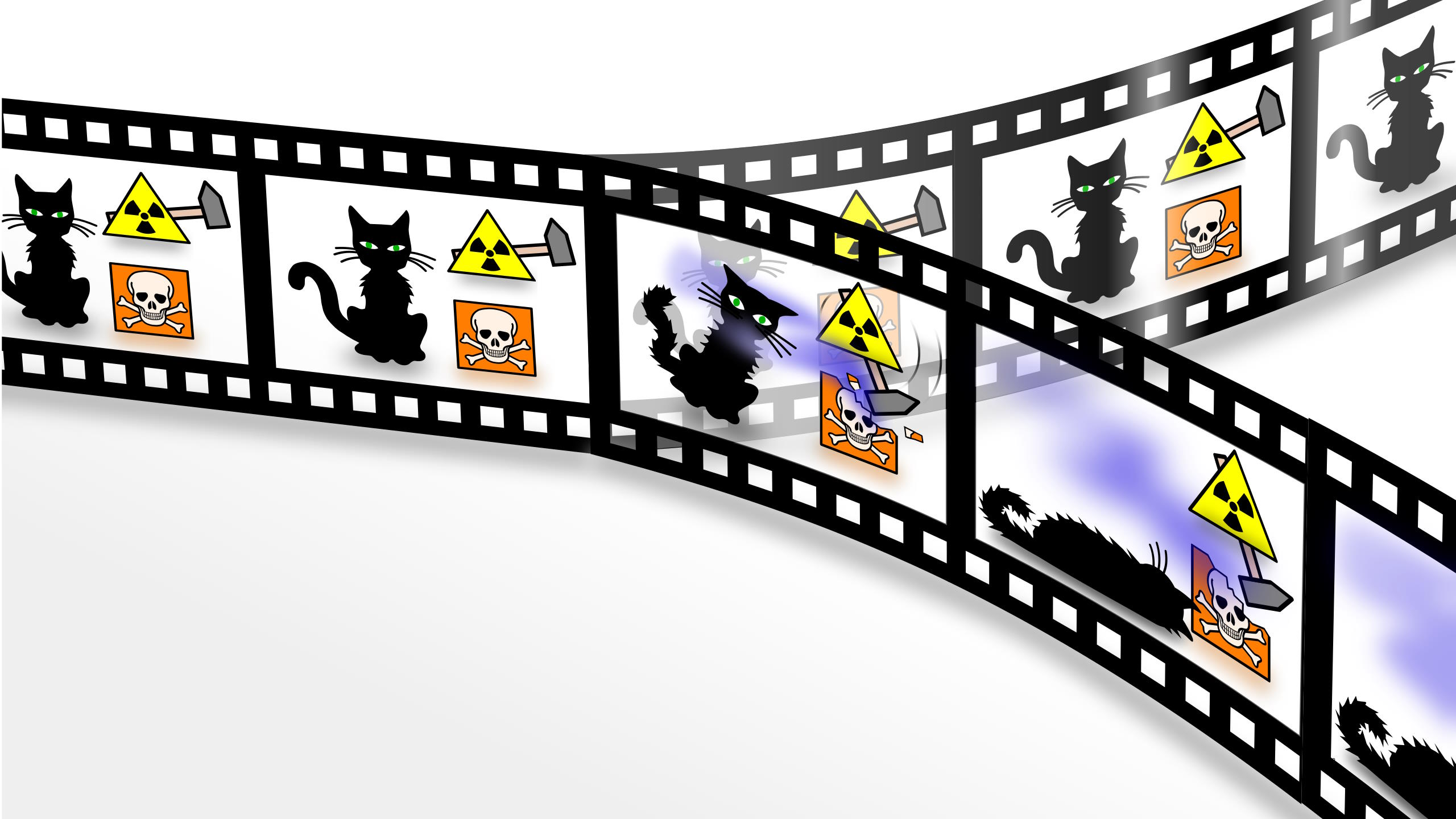A clock, designed and built in Europe, ran hopelessly at the wrong rate when brought to America. The physics of gravity explains why.
Search Results
You searched for: M. G. Case
Nothing lives forever, at least, not in the physical Universe. But relativity allows us to get closer than ever, from one perspective.
Inside the “out there” quest for a drug that would help doctors save lives before it’s too late.
It was originally recorded in the 1970s by cognitive psychologists Harry McGurk and John MacDonald.
Can two planets stably share the same orbit? Conventional wisdom says no, but a look at Saturn’s moons might tell a different story.
“My dad asked me if I had been to tutoring and I lied… Then he showed me the tablet.”
The conservation of energy is one of the most fundamental laws governing our reality. But in the expanding Universe, that’s just not true.
∆G = ∆H – T∆S is one of the most abstract formulas in science, but it is also one of the most important. Without it, life cannot exist.
Forgetting and misremembering are the building blocks of creativity and imagination.
Singularities frustrate our understanding. But behind every singularity in physics hides a secret door to a new understanding of the world.
In the early stages of the hot Big Bang, matter and antimatter were (almost) balanced. After a brief while, matter won out. Here’s how.
Of the world’s 300 honey varieties, none is stranger and more dangerous than mad honey.
The hyperloop would be a great idea for a completely flat planet. With topography and infrastructure, it’s a very different story.
“It doesn’t erase what happened to you. It just changes the impact it has on your life.”
Could a theory from the science of perception help crack the mysteries of psychosis?
Moral panics about the content of children’s cartoons and other forms of entertainment have a long history.
New chip eliminates the need for specific decoding hardware, boosting gaming systems, 5G networks, and more.
This biochemist is determined to create a new life form by reversing the shape of molecules.
Movie soundtracks don’t just help us recall the plot of a film; they also allow us to better understand its meaning.
With a new telescope on the horizon, we reflect on the best pictures of space that came before.
If you want to share the truths about our Universe with others, don’t fall into the trap of arguing with a misinformer. Do this instead.
In the quest to measure how antimatter falls, the possibility that it fell “up” provided hope for warp drive. Here’s how it all fell apart.
By challenging your preconceptions, art offers a framework by which you can solve problems.
Mixed messages and competing interests have left college students feeling lost and stressed.
The new treatment targets the underlying genetic cause of the disease.
Based on the atoms that they’re made out of, the innermost planet should always be the densest. Here’s why Earth beats Mercury, hands down.
NASA is creating a planet habitability index, and Earth may not be at the top. With our current data, ranking habitability is guesswork.
No matter how controversial or politicized our world becomes, science remains humanity’s best tool for figuring out how things work.
American students are being compelled to specialize earlier and earlier. Here’s what it takes to build a successful physics foundation.






